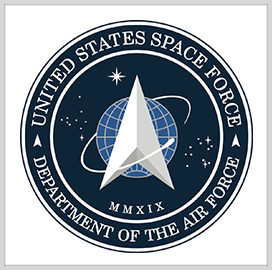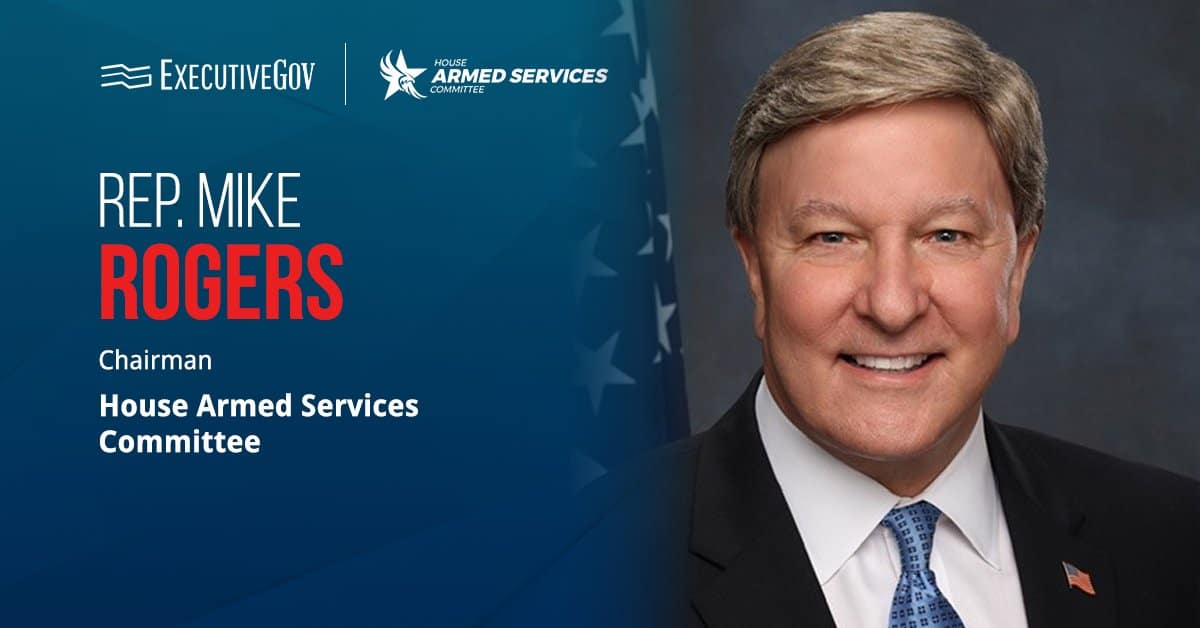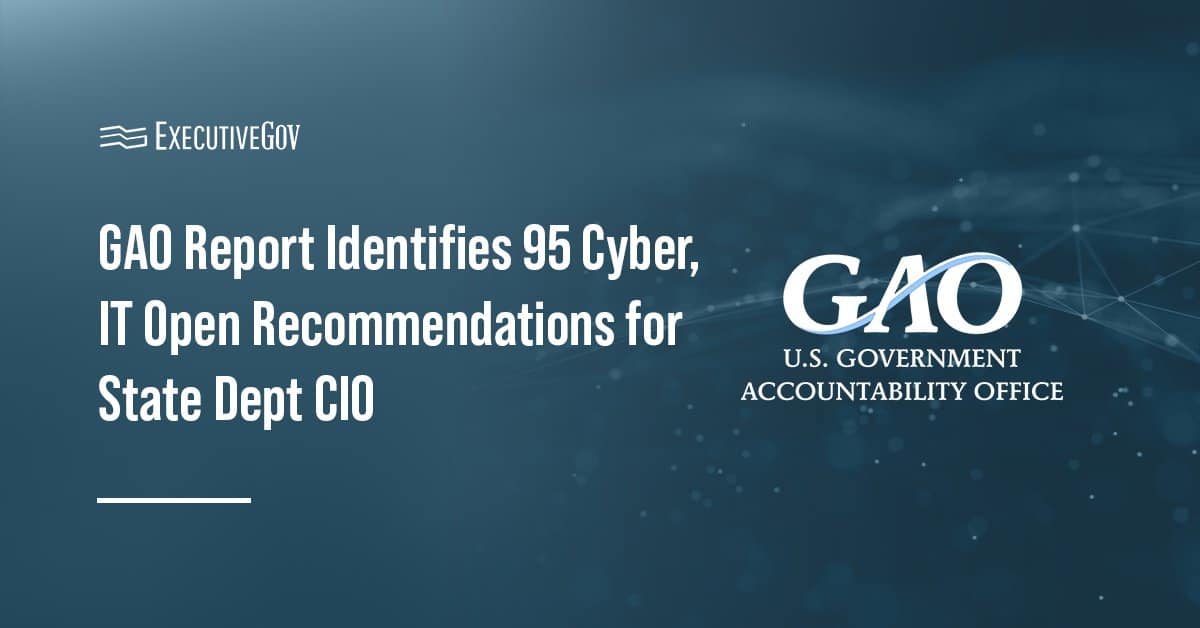The U.S. Space Systems Command has delivered one of two U.S.-hosted payloads in Japan as part of the Quasi-Zenith Satellite System-Hosted Payload program.
The two payloads will add to the five existing satellites that make up Japan’s QZSS constellation when they are launched in 2023 and 2024, SSC said.
SSC conceptualized and built the payload in partnership with Massachusetts Institute of Technology Lincoln Laboratories. MIT/LL will work with the U.S. Space Force and their Japanese partners on the next phase of the project, which involves integration, testing, and other pre-launch services for the two QZSS host satellites.
“This delivery of the first spaceflight-ready payload represents an important milestone for QZSS-HP,” said Lt. Col. Brian Fredrickson, program manager and representative of U.S. Space Domain Awareness & Combat Power’s Space Domain Awareness Delta. “While a lot of work remains, I’m happy to report that we’re on track to meet our commitments. QZSS-HP has benefitted tremendously from being categorized as a prototype, as it has enabled the program to be responsive and move with speed.”
The collaborative milestone was reached two years after the USSF signed a memorandum of understanding with Japan’s National Space Policy Secretariat.





